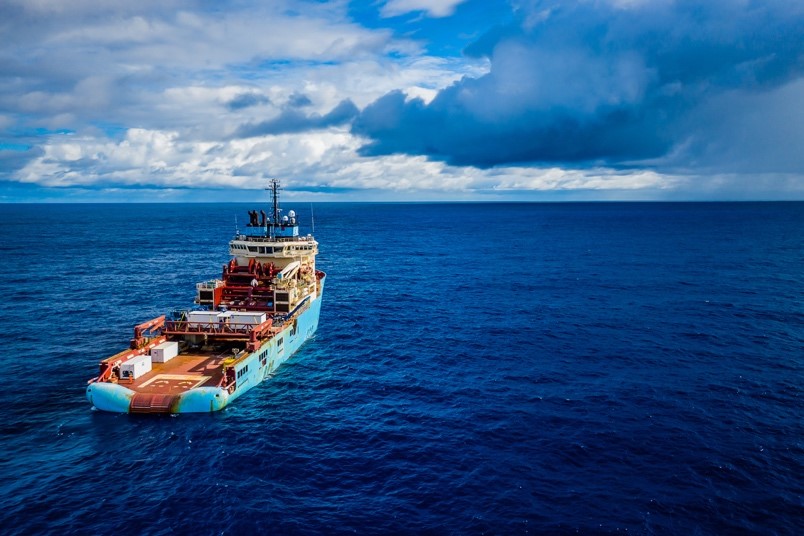A leadership battle is brewing at deep sea mining’s regulatory body

The secretary-general of the International Seabed Authority is set to run for a third term leading the United Nations-affiliated organization that regulates deep sea mining, as control of mineral resources used to make electric car batteries becomes a focus of US-China rivalry.
The ISA’s 168 member nations and the European Union will elect the next secretary-general at what is expected to be a pivotal meeting in July. Secretary-General Michael Lodge, a UK lawyer, will be opposed by Brazilian marine scientist Leticia Carvalho in an election that will shape the future of deep sea mining. It comes as the ISA faces pressure to finish writing regulations that could allow mining to begin within the next two years.
The choice of the next secretary-general could have significant economic and environmental consequences for deep sea mining, if regulations are ultimately approved. The ISA’s charter gives the person in that role authority over the operations of the organization’s administrative arm and the secretary-general negotiates contracts with mining companies.
Lodge’s candidacy emerged Sunday in a diplomatic note from ISA member state Kiribati, a small South Pacific island nation that announced it would sponsor Lodge’s nomination.
Candidates for secretary-general are usually sponsored by their country of citizenship: The UK sponsored Lodge’s first term as secretary-general (though his election to a second term, which happened under a “silent procedure” during the Covid-19 pandemic, is less clear). Carvalho, an official with UN Environment Programme in Nairobi, was likewise put forth by Brazil’s delegate in March.
Lodge’s second four-year term is set to end in December. An ISA spokesperson declined to confirm that Lodge is running for re-election. Officials from Kiribati did not respond to a request for comment.
“Kiribati considers Michael Lodge uniquely well-placed to continue the excellent work he has done to date,” according to the diplomatic note the country sent to UN member nations, which was obtained by Bloomberg Green. Kiribati controls a mining concession, meaning it would receive royalties and other payments if seabed mining proceeds.
If Carvalho is elected in July, she would likely represent a marked change from the administration of Lodge, who has disparaged environmental opposition to mining deep ocean ecosystems for valuable minerals and drawn criticism for his closeness to mining contractors the ISA regulates.
The UK in October called for a moratorium on deep sea mining, joining two dozen other ISA member nations that support a ban or pause until its environmental impacts are understood.
(By Todd Woody)
{{ commodity.name }}
{{ post.title }}
{{ post.date }}




Comments